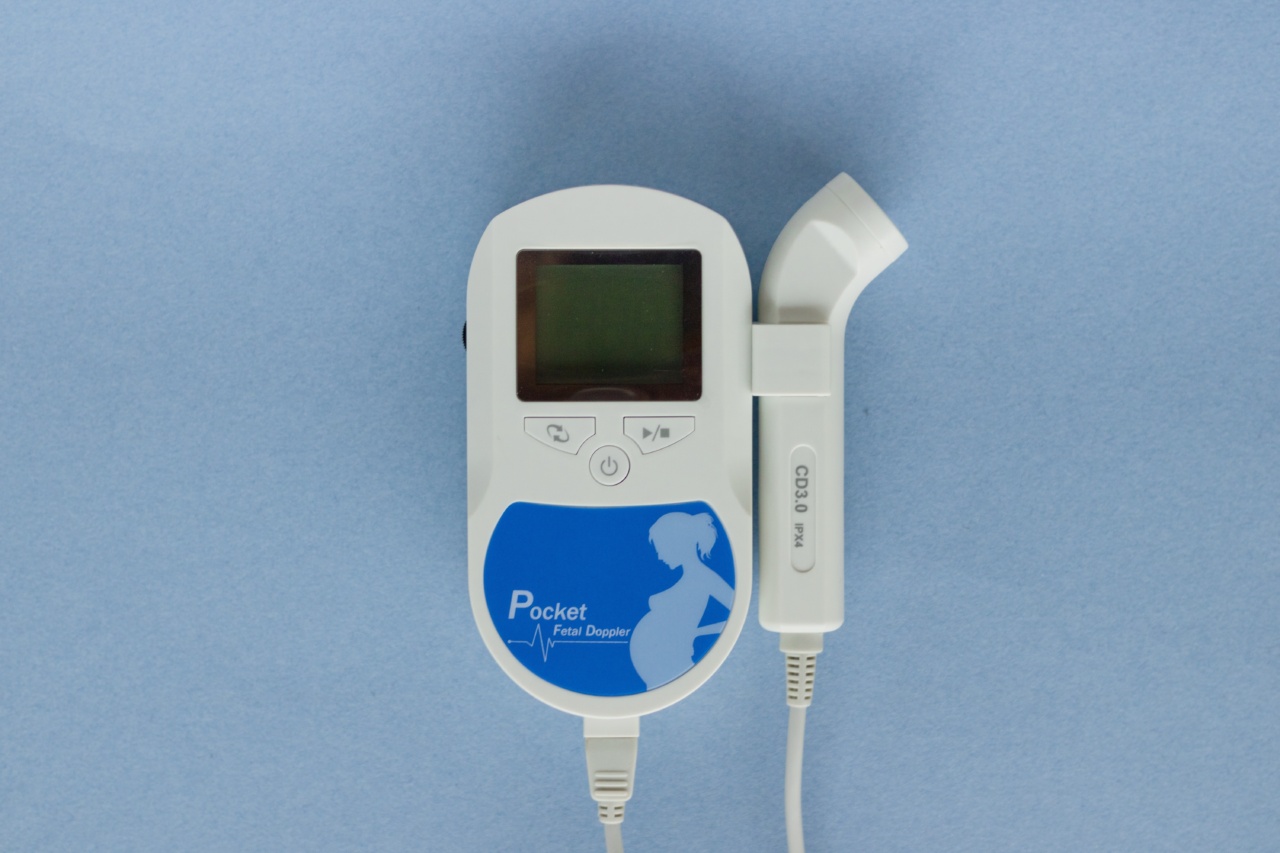Pregnancy is a beautiful and transformative journey for every woman. It is a time filled with excitement, anticipation, and a whole range of emotions.
It is important for expectant mothers to receive proper prenatal care to ensure the well-being and health of both the mother and the growing baby. One crucial tool in this process is the Doppler ultrasound.
What is Doppler Ultrasound?
Doppler ultrasound is a non-invasive medical imaging technique that uses sound waves to evaluate blood flow in the body. In pregnancy, it allows healthcare providers to assess blood flow in the umbilical cord, uterus, and fetal blood vessels.
It is especially useful in high-risk pregnancies or when there are concerns about the baby’s growth and well-being.
1. Early Detection of Potential Problems
A Doppler ultrasound can help detect potential problems early on in pregnancy. It allows healthcare providers to assess the blood flow to the baby, which can indicate if the baby is receiving enough nutrients and oxygen.
Any abnormalities in blood flow can suggest issues such as placental problems, growth restrictions, or even fetal distress.
2. Monitoring Twins or Multiple Pregnancies
In pregnancies with multiples, such as twins or triplets, Doppler ultrasound becomes even more vital. It helps healthcare providers monitor the blood flow to each fetus individually, ensuring their proper growth and development.
This technology allows doctors to detect any discrepancies in blood flow, leading to early intervention if needed.
3. Evaluation of Placenta Function
The placenta plays a crucial role in pregnancy, providing the baby with oxygen and nutrients. Any dysfunction in the placenta can have severe consequences for both the mother and the baby.
Doppler ultrasound helps evaluate the blood flow in the placenta, identifying any potential issues. It can assist in diagnosing conditions like placental abruption or placenta previa, which require immediate medical attention.
4. Assessing Fetal Anomalies
Doppler ultrasound is also beneficial in assessing fetal anomalies or abnormalities. It aids in examining specific fetal blood vessels, identifying any obstructions or abnormalities in their development.
This information assists healthcare providers in making accurate diagnoses and developing appropriate treatment plans.
5. Determining Fetal Well-being
Regular Doppler ultrasound scans during pregnancy can provide reassurance about the well-being and viability of the fetus. It allows healthcare providers to assess the baby’s blood flow, heartbeat, and overall health.
These scans can help alleviate anxiety and provide expectant parents with peace of mind.
6. Guiding Fetal Interventions
For pregnancies with known complications, such as intrauterine growth restriction or twin-to-twin transfusion syndrome, Doppler ultrasound plays a crucial role in guiding fetal interventions.
It provides real-time information on blood flow, assisting doctors in determining the best course of action to optimize outcomes.
7. Monitoring High-Risk Pregnancies
High-risk pregnancies require close monitoring to ensure the well-being of both the mother and the baby. Doppler ultrasound is a valuable tool in this regard.
It helps healthcare providers assess blood flow, ensuring that the baby receives sufficient oxygen and nutrients. It allows for early detection of any complications, reducing the risk of adverse outcomes.
8. Gestational Diabetes Management
Women with gestational diabetes are at higher risk of developing pregnancy complications. Doppler ultrasound can aid in monitoring blood flow in the umbilical cord and assessing the baby’s growth.
This allows healthcare providers to adjust management plans accordingly and intervene if necessary.
9. Easing Concerns and Anxiety
Pregnancy can be an emotionally challenging time, and expectant mothers often experience concerns and anxiety about their unborn baby’s well-being.
Doppler ultrasound scans provide visual and auditory reassurance, allowing parents to hear their baby’s heartbeat and see the movements. This experience can be incredibly comforting and bonding for the parents.
10. Improving Overall Pregnancy Outcomes
Ultimately, the use of Doppler ultrasound in pregnancy leads to improved overall pregnancy outcomes. It aids in the early detection of potential problems, allowing for timely intervention and appropriate management.
This ultimately leads to healthier babies and happier mothers.





























